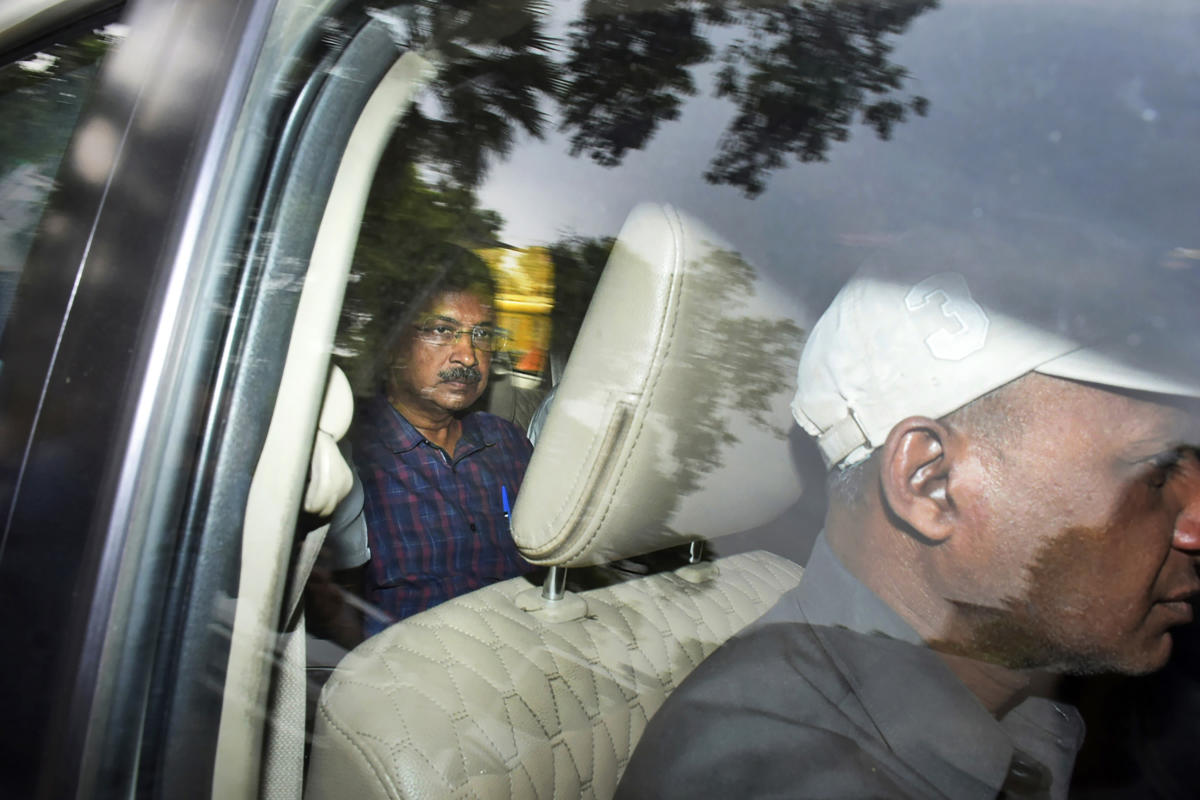Arvind Kejriwal, the leader of the Aam Aadmi Party, or Common Man’s Party, is the top elected official in the city of New Delhi and one of the country’s most consequential politicians of the past decade.
He was arrested by the federal Enforcement Directorate on March 21. The agency, controlled by Modi’s government, accused Kejriwal’s party and ministers of accepting 1 billion rupees ($12 million) in bribes from liquor contractors nearly two years ago. The arrest triggered days of protests by hundreds of party activists supported by other opposition parties.
The Aam Aadmi Party denied the accusations and said Kejriwal will remain as New Delhi’s chief minister as it fights the case in court. The party is part of a broad alliance of opposition parties called INDIA, which is the main challenger to Modi’s governing Bharatiya Janata Party in the coming elections.
A day after Kejriwal’s arrest, the court remanded him to six days of custody by the Enforcement Directorate that was extended by another four days on Thursday. With the expiration of his detention by the directorate on Monday, the New Delhi court ordered him held in judicial custody until April 15.
Kejriwal’s case has dominated the news in India ahead of the general election, which starts April 19. Opposition parties say the government is misusing federal investigation agencies to harass and weaken its political opponents. They point to a series of raids, arrests and corruption investigations of key opposition figures. Recently, the opposition Congress party accused the government of crippling the party by freezing its bank accounts in a tax dispute.
Modi’s party denies using law enforcement agencies to target the opposition and says the agencies act independently.
Kejriwal’s arrest is seen as another setback for the opposition bloc. On Sunday, the bloc launched its election campaign with a massive rally in New Delhi at which opposition leaders criticized the arrest of Kejriwal and other colleagues.
